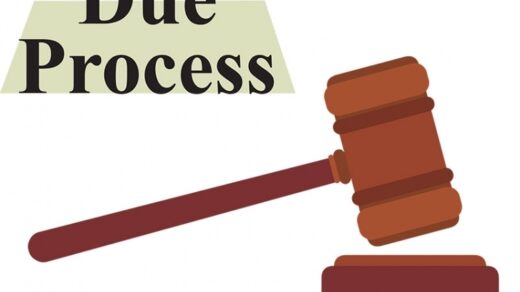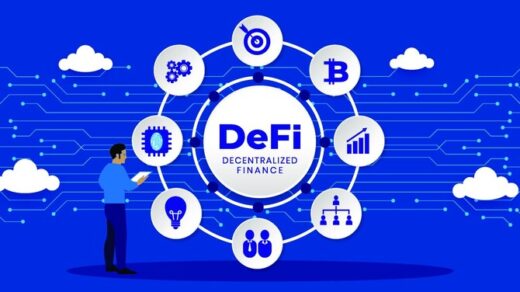Tokenization, which has revolutionized the way assets are created and traded, relies on robust legal contracts to ensure the smooth functioning of digital ecosystems. Among these, Licensing Agreements play a pivotal role in governing the use and distribution of tokenized assets.
In this article, we will delve into the concept of a Licensing Agreement, its key clauses, importance, and the benefits it offers in the context of tokenization.
Defining a Licensing Agreement
A Licensing Agreement is a legally binding contract that outlines the terms and conditions under which a licensor (the party granting the license) permits a licensee (the party receiving the license) to use, reproduce, distribute, or otherwise deal with certain assets, such as intellectual property, data, or technology.
In the context of tokenization, these agreements are used to grant licenses to use, trade, or interact with tokenized assets, ensuring that rights and responsibilities are clearly defined.
Key Clauses of a Licensing Agreement
- Parties and Recitals:
- The agreement starts by identifying the parties involved, including the licensor and licensee. The recitals section provides context and the background of the assets being licensed.
- Definitions:
- This section defines key terms used throughout the agreement to ensure a common understanding of the terminology.
- Scope of License:
- Outlines the specific assets being licensed, including details on the type, quantity, and any restrictions or limitations on the license.
- Grant of License:
- Details the rights and permissions granted to the licensee, specifying the authorized uses and any restrictions on use.
- License Fees and Payment Terms:
- Specifies the fees, if any, associated with the license and the terms and conditions for payment, including frequency and method.
- Term and Termination:
- Defines the duration of the license and the conditions under which it may be terminated, including termination for cause, convenience, or expiration.
- Intellectual Property Rights:
- Addresses the ownership of intellectual property rights, including any rights retained by the licensor and any licensing rights granted to the licensee.
- Confidentiality:
- Imposes obligations on both parties to maintain the confidentiality of any sensitive information shared during the agreement.
Importance of Licensing Agreements in Tokenization
- Rights Protection: Licensing agreements protect the intellectual property rights of the licensor and define how the licensee can use, distribute, or interact with tokenized assets.
- Monetization: These agreements allow licensors to monetize their assets by granting licenses, facilitating revenue generation through licensing fees.
- Regulatory Compliance: Licensing agreements help ensure that tokenized assets are used and traded in compliance with legal and regulatory requirements.
Benefits of Licensing Agreements in Tokenization
- Legal Clarity: Licensing agreements provide legal clarity by establishing the rights and responsibilities of both parties, reducing the risk of disputes.
- Monetization Opportunities: Licensors can tap into new markets and customer segments by granting licenses, expanding their reach and revenue potential.
- Innovation: By licensing assets for use in tokenization, licensors can promote innovation and development within the digital ecosystem.
- Asset Protection: These agreements ensure that tokenized assets remain protected and are used only in authorized ways.
Conclusion
Licensing Agreements are a fundamental component of the tokenization process, enabling the secure and regulated use and distribution of tokenized assets. In a rapidly evolving digital economy, understanding and implementing these agreements is essential for all parties involved.
They provide a structured legal framework for the licensing and utilization of tokenized assets, fostering innovation, revenue generation, and legal clarity within the tokenization landscape. Licensing agreements not only protect the intellectual property rights of licensors but also provide valuable opportunities for monetization and market expansion.




